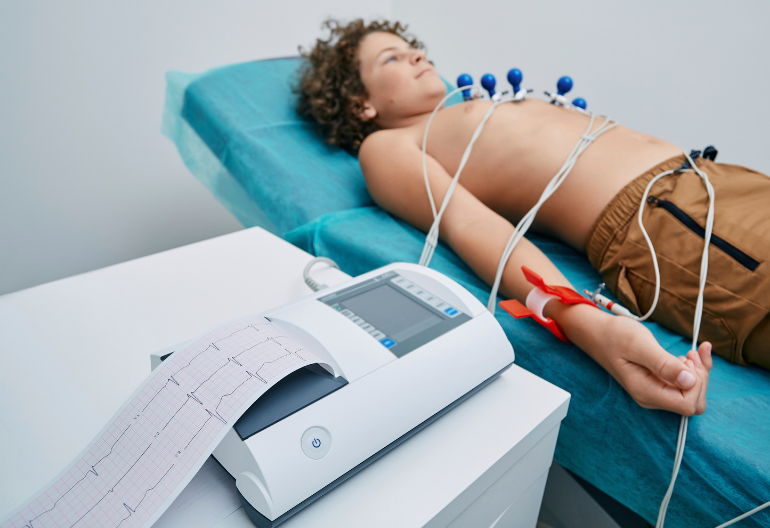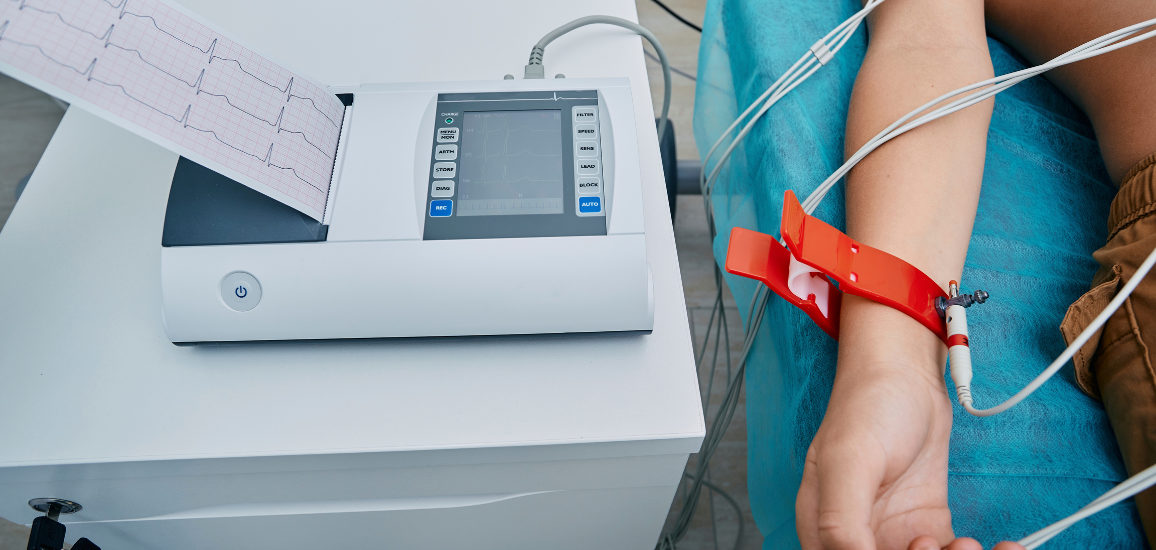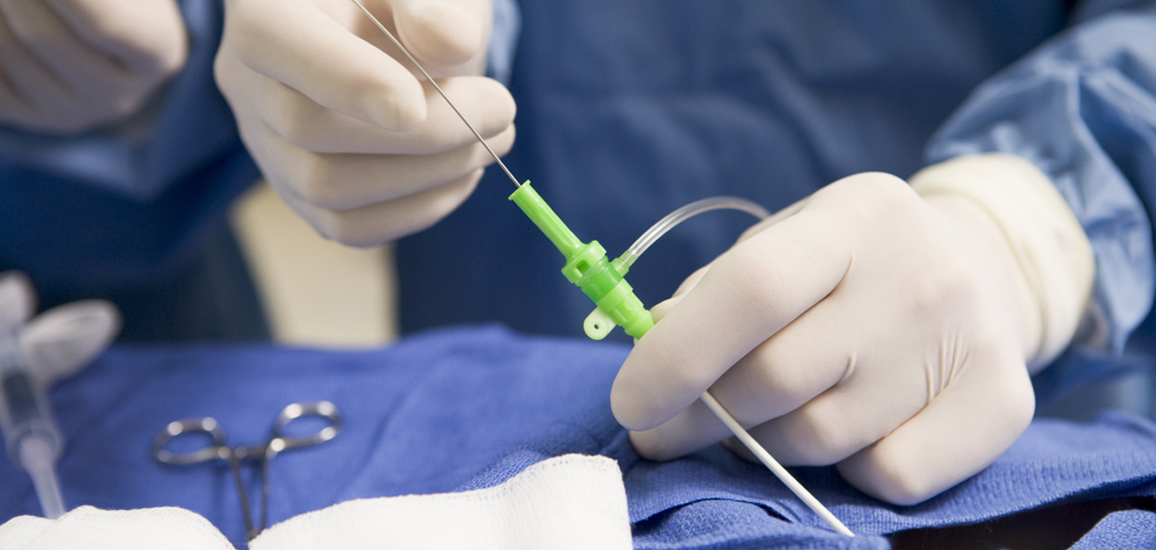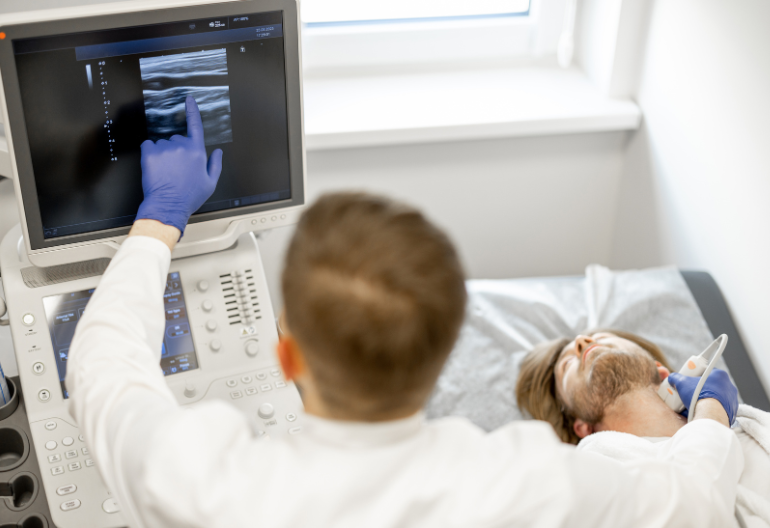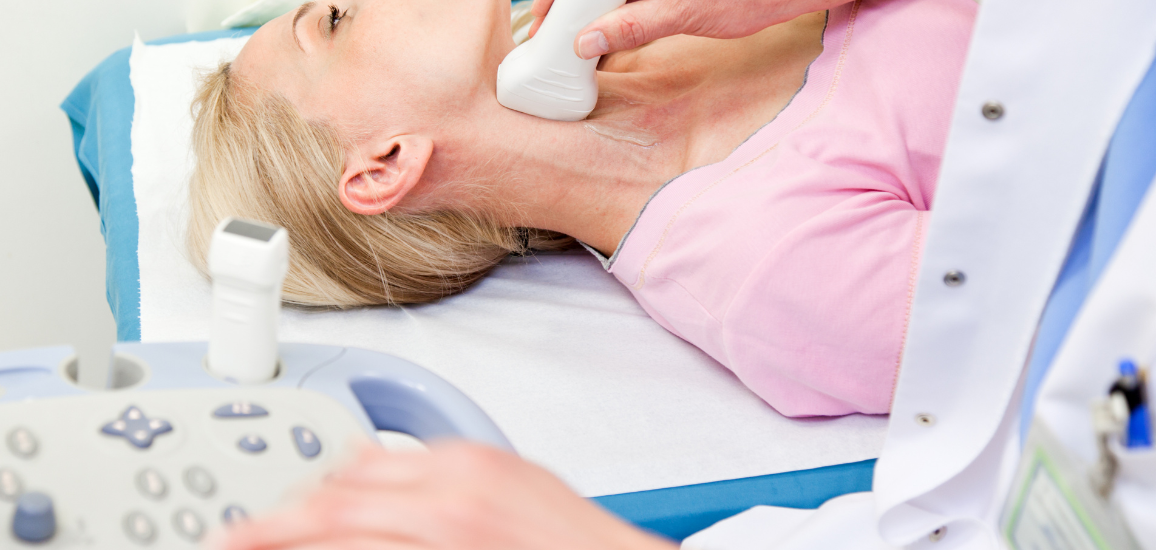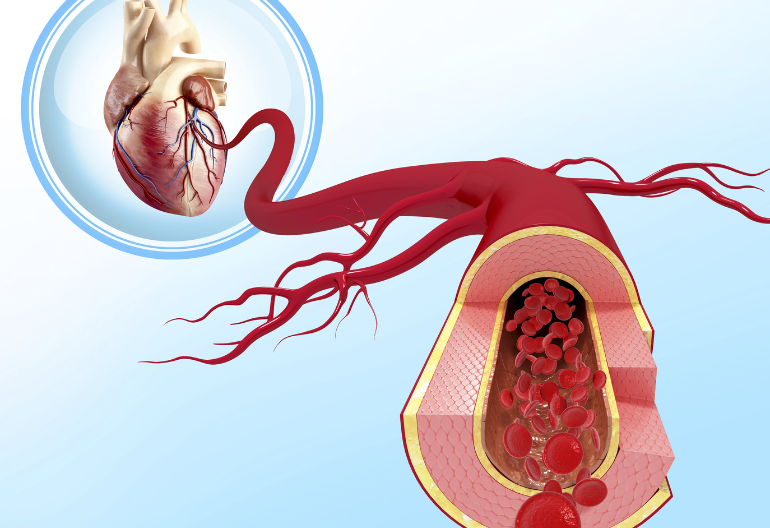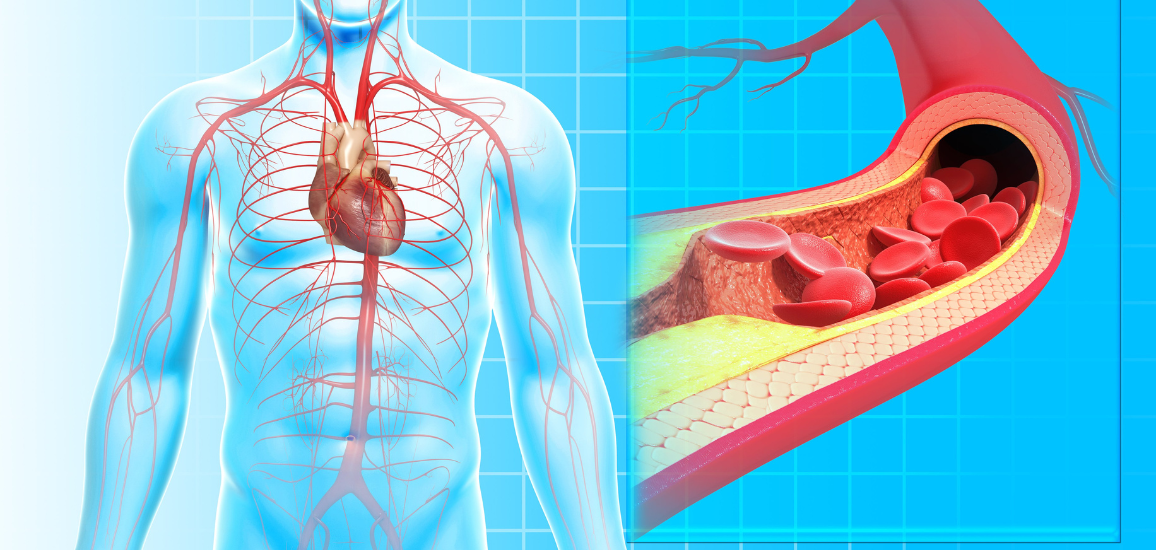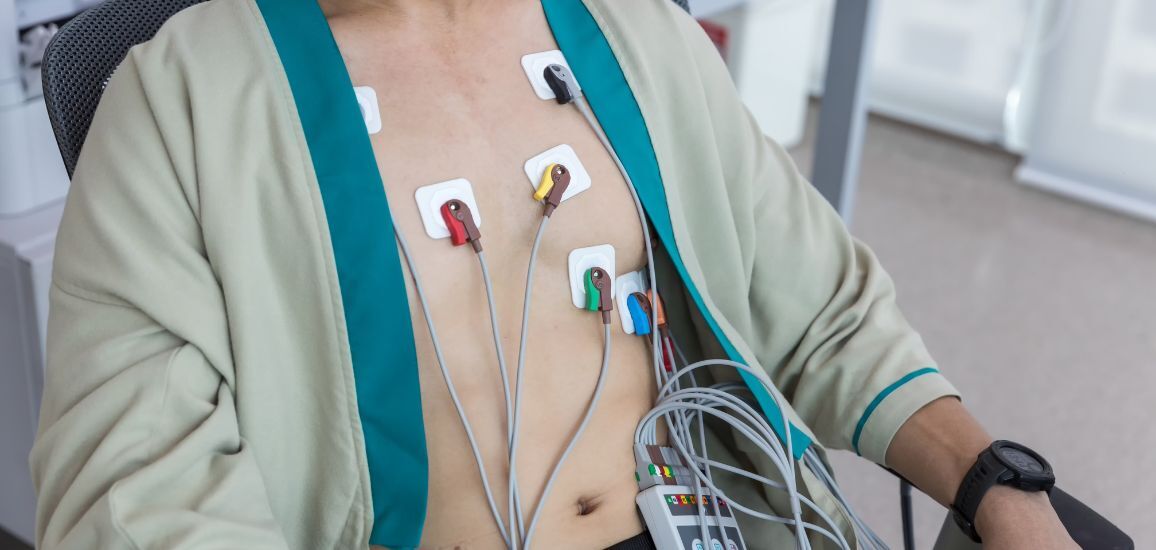
Your heart is the engine that keeps your body running, and maintaining heart health is crucial. When you experience irregular heartbeats or other symptoms, your doctor might recommend Holter monitoring to get a detailed analysis of your heart’s activity. This test is especially valuable for diagnosing arrhythmias, palpitations, or unexplained dizziness. Let’s delve into how Holter monitoring works and why it’s so useful.
What is Holter Monitoring?
Holter monitoring involves wearing a portable device that records your heart’s electrical activity over an extended period, typically 24 to 48 hours. This compact device is usually attached to your chest with small electrodes, allowing it to capture every heartbeat and any irregular patterns. The data collected can help doctors diagnose conditions that may not be detected during a short ECG in a doctor’s office.
Benefits of Holter Monitoring
Holter monitoring offers several advantages. It provides a more comprehensive view of your heart’s activity over time, helping to identify issues that might be missed with a standard ECG. This continuous monitoring can detect arrhythmias, heart block, or other irregularities. Additionally, Holter monitoring can capture symptoms that occur intermittently, providing a clearer picture of your heart health.
When Should You Get Holter Monitoring?
Holter monitoring is recommended in various scenarios. If you experience symptoms like palpitations, dizziness, or unexplained chest pain, your doctor might suggest Holter monitoring to determine if these symptoms are related to your heart. It is also used to evaluate the effectiveness of heart treatments or to monitor patients with pacemakers.
How to Prepare for Holter Monitoring?
Preparing for Holter monitoring is straightforward. You should wear comfortable, loose-fitting clothing, as the device will be attached to your chest. Avoid using lotions or oils on your skin before the test to ensure the electrodes stick properly. You can continue with your daily activities, but you should avoid swimming or taking long showers during the monitoring period.
What to Expect During Holter Monitoring?
During Holter monitoring, you’ll wear a small device around your neck or waist, connected to electrodes on your chest. You can go about your daily activities, but be sure to note any symptoms or unusual events in a provided diary. This diary will help your doctor correlate specific activities with the recorded heart data. At the end of the monitoring period, you’ll return the device to your healthcare provider, who will analyze the data.
Interpreting Holter Monitoring Results
Once the monitoring period is over, a cardiologist will review the recorded data to look for irregular heart rhythms or other abnormalities. They will analyze the patterns, paying attention to periods of high or low activity, and correlate them with the symptoms you reported in your diary. The results will help determine if further testing or treatment is needed.
Holter Monitoring Services Near Me
Finding reliable “Holter Monitoring Services Near Me” is essential for accurate diagnosis and peace of mind. Start by asking your primary care doctor or cardiologist for recommendations. You can also search online for local Holter monitoring services, ensuring they have good reviews and a strong reputation. Look for services that offer convenient locations and flexible appointment times.
Choosing the Right Service Provider
When choosing a Holter monitoring service, consider factors like experience, reputation, and the technology they use. A reputable provider will have experienced technicians and use state-of-the-art equipment. It’s also important to find a service that communicates clearly with you and your healthcare team to ensure accurate results.
Premier Choice Cardiology
If you’re looking for high-quality Holter monitoring services, Premier Choice Cardiology is an excellent option. Located in Lakewood Township in New Jersey, they offer comprehensive cardiac care, including Holter monitoring, stress tests, and echocardiograms. With experienced staff and advanced technology, they ensure accurate results and a comfortable experience for patients. Visit their website to learn more about their services and schedule an appointment.
Frequently Asked Questions
-
Is Holter monitoring painful?
No, Holter monitoring is painless. You may feel mild discomfort from the electrodes, but it should not cause pain.
-
Can I exercise during Holter monitoring?
Yes, you can exercise, but avoid activities that could dislodge the electrodes or damage the device, like swimming.
-
Does insurance cover Holter monitoring?
Most insurance plans cover Holter monitoring when it’s prescribed by a doctor. Check with your insurance provider to confirm coverage.
-
How long does it take to get Holter monitoring results?
It typically takes a few days to a week to receive results. Your doctor will review the data and discuss the findings with you.
-
Is Holter monitoring accurate?
Holter monitoring is highly accurate when used properly. It provides a detailed view of your heart’s activity over time, helping diagnose various conditions.
-
What happens if my Holter monitoring results are abnormal?
If your results show abnormalities, your doctor will discuss the next steps, which may include further testing or treatment options.
Holter monitoring a key tool for heart health assessment
Holter monitoring is a valuable tool for assessing heart health and diagnosing conditions that may not be evident during a standard ECG. If you’ve been recommended for Holter monitoring, be sure to follow your doctor’s instructions and choose a reputable service provider. Premier Choice Cardiology offers excellent Holter monitoring services with experienced staff and advanced technology. Visit their website to learn more and schedule an appointment.




